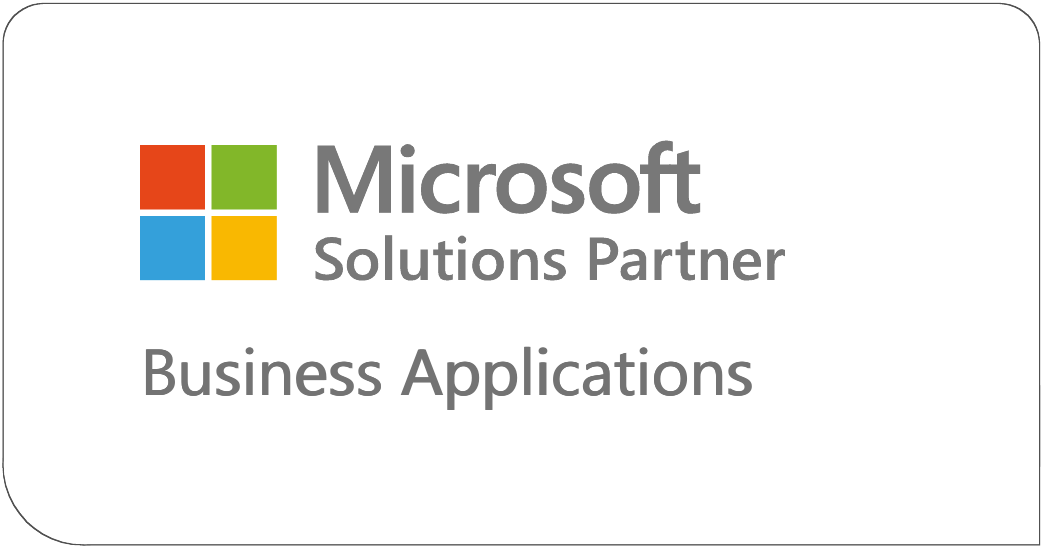|Syed Bushra Raza
Building and managing a high-performing project team is essential for achieving project success. The process involves selecting the right team members, fostering a collaborative environment, and maintaining effective communication and leadership throughout the project lifecycle.

The foundation of a high-performing project team starts with careful selection of team members. It’s crucial to identify individuals whose skills, experience, and personalities align with the project’s goals and culture. Diversity in skills and backgrounds can enhance creativity and problem-solving capabilities, but it’s also important to ensure that team members can work well together. Assessing both technical abilities and soft skills during the selection process helps in creating a balanced team.
Once the team is assembled, setting clear goals and expectations is the next step. Each team member should understand their role, responsibilities, and how their work contributes to the overall project objectives. Establishing clear goals helps in aligning the team’s efforts and provides a sense of direction and purpose. Regularly revisiting these goals and expectations ensures that everyone remains focused and motivated.
Effective communication is vital for team cohesion and productivity. Project managers should establish open and transparent communication channels where team members feel comfortable sharing ideas, concerns, and feedback. Regular meetings, whether in-person or virtual, keep everyone informed about project progress and any changes. Utilizing project management tools can also facilitate better communication and collaboration, providing a centralized platform for information sharing.
Building trust and fostering a collaborative culture are essential for a high-performing team. Trust is built through consistency, transparency, and mutual respect. Encouraging collaboration involves creating opportunities for team members to work together, share knowledge, and support each other. Team-building activities and informal interactions can strengthen relationships and enhance team cohesion.
Providing continuous support and resources is another critical aspect of managing a high-performing team. Project managers should ensure that team members have the necessary tools, training, and resources to perform their tasks effectively. Offering professional development opportunities and recognizing individual and team achievements can boost morale and motivation.
Leadership and motivation play a significant role in driving team performance. Effective project managers lead by example, demonstrating commitment, accountability, and a positive attitude. They should also be adept at motivating the team, recognizing and addressing any issues that may affect morale. Tailoring motivational strategies to individual team members’ needs and preferences can enhance engagement and productivity.
Monitoring performance and providing feedback are ongoing tasks for project managers. Regular performance reviews and constructive feedback help in identifying areas for improvement and recognizing accomplishments. It’s important to address any performance issues promptly and support team members in overcoming challenges.
Finally, fostering a culture of continuous improvement ensures that the team remains dynamic and adaptable. Encouraging team members to share insights and learn from both successes and failures promotes a learning environment. Implementing lessons learned from previous projects can lead to more efficient processes and better outcomes in future endeavors.
In conclusion, building and managing a high-performing project team involves careful selection, clear goal setting, effective communication, and fostering a collaborative and supportive environment. By providing continuous support, demonstrating strong leadership, and encouraging continuous improvement, project managers can drive their teams to achieve exceptional results. The success of a project often hinges on the performance of the team, making these practices essential for any project manager aiming for excellence.

